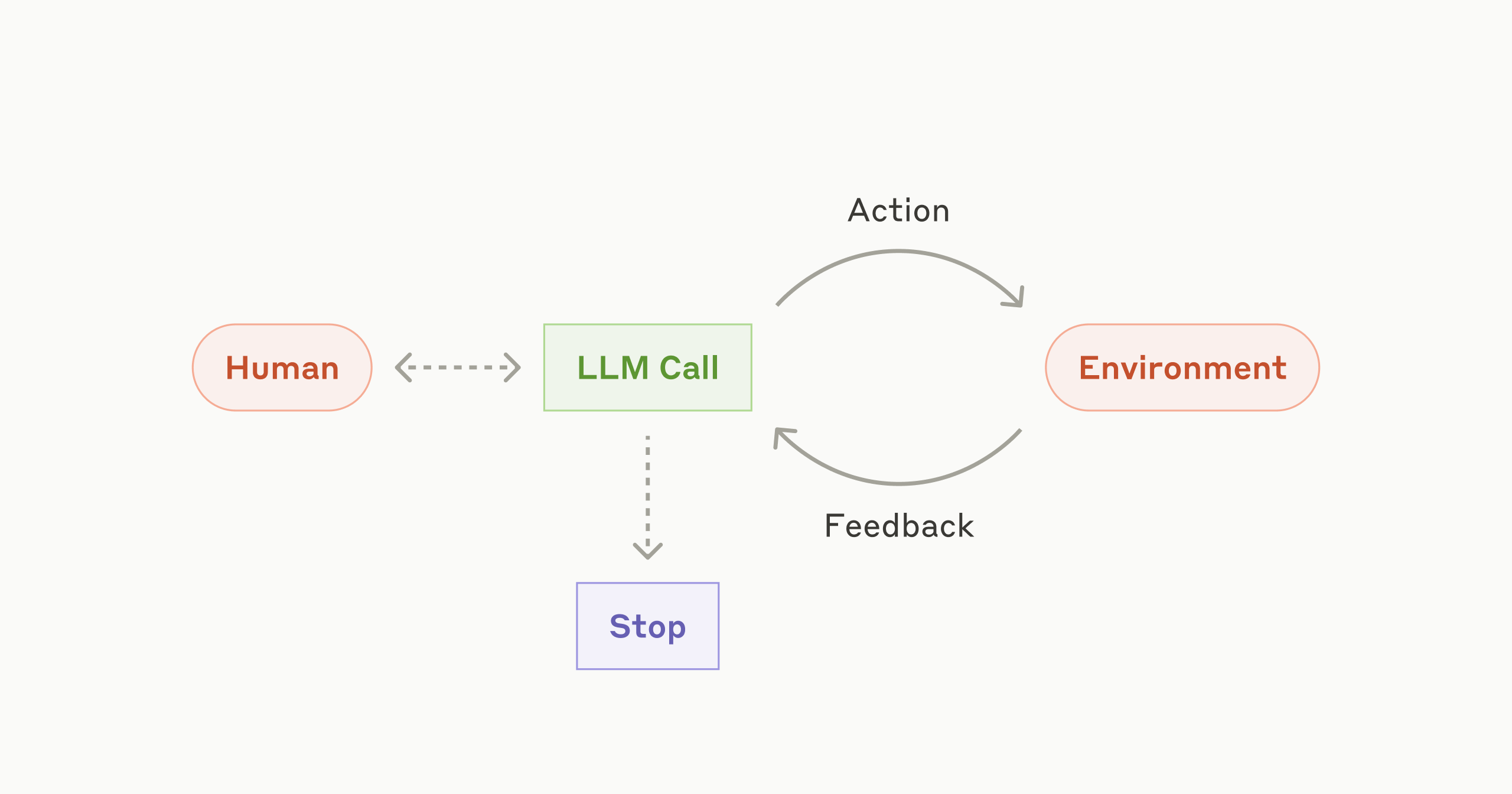- Mandy's World
- Posts
- Thriving in a World Obsessed with Attention
Thriving in a World Obsessed with Attention

Lately, I’ve been caught in an endless loop of questions, spiraling around the same thought: Is success slipping further out of reach, no matter how fast I run? It’s not just about career milestones or financial goals—it’s the gnawing feeling that the world has turned into a game of visibility. And like many of you, I’m wondering: Is there a way to step off this treadmill and still build something meaningful?
As someone deeply fascinated by AI, personal growth, and the ever-evolving creator economy, I see it everywhere—the relentless pursuit of clicks, likes, and shares. It’s exhausting. But more than that, it feels like a creative cage. The rise of AI tools like Replit, Bolt, large language models (LLMs), and MidJourney should liberate us, but instead, they’ve turned craftsmanship into an uphill battle against oversaturation.
Still, the bigger question I’ve been grappling with is: In a world so driven by algorithms, how do we stay authentic?
The Creator’s Tightrope: Between Authenticity and Algorithms
The promise of creative freedom on digital platforms has always felt bittersweet. Yes, the barriers to entry have crumbled. But in their place? A relentless demand for engagement. Algorithms reward extreme content, and even the most genuine voices feel the pressure to conform or fade into obscurity. Add AI into the mix, and the landscape becomes even more complex.
I’ve experienced this firsthand. AI makes things easier, sure—but it also lowers the bar. Everyone’s a creator now, which is beautiful and overwhelming at the same time. The challenge isn’t just to stand out anymore; it’s to stay true to yourself in a sea of sameness.
But maybe this isn’t just a "creator economy" dilemma. It feels like a reflection of something bigger: a societal shift. Whether we’re navigating tech, freelancing, or crypto, it’s not just innovation we need. It’s the courage to question what success truly means.
How I’m Redefining Success in the AI Era
I won’t pretend I have all the answers, but here’s what I’m experimenting with as I navigate this new reality:
Leaning Into Timeless Skills While tools evolve, some things remain evergreen. Writing, storytelling, and experimenting with coding agents like Replit and Bolt—these are the foundational skills I’m focusing on. They remind me to prioritize depth and originality over shortcuts.
Embracing Rest and Reflection Last year, I attended a retreat at a monastery where I learned something surprising: resilience doesn’t mean constantly pushing forward. It means knowing when to pause, recalibrate, and breathe. That lesson has stayed with me and shapes how I approach both work and life.
Adapting Without Losing Myself AI is a tool, not a replacement for human creativity. I’ve started experimenting with these tools not to mimic what’s already out there, but to amplify what makes me unique. That’s where the real magic lies—not in being louder, but in being truer.
Building a Future That Aligns With My Values
AI and automation are reshaping everything—from how we work to what we value. It’s easy to feel overwhelmed, but I believe the key is to redefine success on our terms. For me, that means:
Using AI to enhance, not replace, creativity.
Exploring decentralized income streams that free me from traditional structures.
Building a community that values authenticity as much as I do.
It’s a messy, imperfect journey. But isn’t that the point? Staying true to ourselves isn’t about getting it right all the time; it’s about showing up, flaws and all.
Final Thoughts: Quiet Revolutionaries
What if the real revolution isn’t about standing out but about showing up authentically? In a world obsessed with extremes, maybe the quiet act of staying true to ourselves is the most radical thing we can do.
What I read today:
Currently diving into the whole topic of building my own agent!
What I saw today:
Today, I watched a video that really spoke to me as a complete beginner in coding. I don’t want to become a full-time developer—I just want to learn enough to better understand how things work when I’m trying to build something, whether it’s an AI agent or improving my anxiety support app. The speaker’s advice was reassuring: focus on the core concepts rather than stressing over which framework or language to learn first. That helped me realize I don’t need to master everything; I just need to understand the fundamentals well enough to pick things up as I go.
What stood out most was her tip to break out of “tutorial hell”—that endless loop of watching tutorials but never really doing anything. Instead, she suggested watching one good series, then immediately trying to build something, even if it’s messy. It’s about applying what you learn, experimenting, and being okay with failing. That resonated because, honestly, failure feels intimidating, but hearing her say that even seasoned developers struggle reminded me that frustration is part of the process. If I can get comfortable with that discomfort, learning to code might not feel as overwhelming.
What I listened to today:
What I liked today:
The car was expected to be a faster horse. Instead, it reshaped cities, retail, and warfare. AI is expected to be a faster programmer. But like the car, it will reshape things we haven't even imagined yet.
— GREG ISENBERG (@gregisenberg)
3:08 PM • Jan 8, 2025
What I learned today:
When workflows are better:
When the tasks are well defined and predictable.
When you need consistency and predictability (because workflows always work the same way).
When agents are better:
When tasks require a lot of flexibility.
When the steps cannot be clearly determined in advance.
That’s it for today! ☺️
This article represents my work and perspective, developed with research and writing assistance from using AI.







Reply